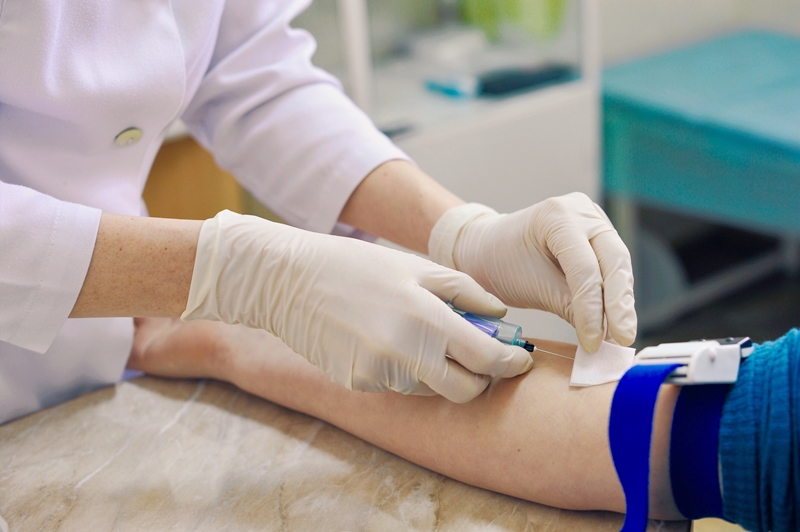World Blood Donor Day, an international campaign to encourage people to donate blood to local medical services, is June 14th. The campaign is designed to raise awareness not just for this month but all year long.
"Donors are the only reliable source for a sufficient blood supply."
Blood transfusions are used to treat people who have experienced serious injuries, during surgeries or for a number of illnesses, such as certain cancers. The World Health Organization reports that regular, volunteer blood donors are the only reliable source for a sufficient blood supply to use for these purposes. As such, encouraging routine donations is essential for ensuring the health and wellness of those in our communities.
Why you should donate
According to the Government of Canada, it takes numerous donors to meet all the medical needs for blood transfusions domestically. Someone badly injured in a car accident, for example, may need blood from up to 50 donors. Because of the wide range of medical issues that require blood donation, anyone could find themselves in a situation to require it. In fact, the government reported that 52 percent of Canadians have either needed a blood transfusion, or have had a friend or relative who has needed a transfusion before.
Blood donors save lives, perhaps even the lives of their friends and neighbours. Yet despite the fact that 1 in every 2 Canadians is eligible to donate, only 1 in 60 actually did last year.
How to become a donor
The first step in becoming a blood donor is determining your eligibility, according to Canadian Blood Services. Donation qualifications include:
- Age. You must be at least 17 years old.
- Health. You must be generally healthy, free of contagious disease or infection and have good blood pressure.
- Travel. Visiting certain locations outside of Canada may have exposed you to certain blood-borne diseases, which could impact your eligibility.
For more information on donor requirements, check out Canadian Blood Services ABC's of Eligibility. When you go to donate, you'll be asked to fill out a questionnaire to help clear you to give blood based on these qualifications.
Once you've determined that you can give blood, you simply need to find the donation clinic that's most convenient for you and book an appointment.
 Every minute, someone in Canada needs a blood transfusion, according to the Government of Canada.
Every minute, someone in Canada needs a blood transfusion, according to the Government of Canada.
What to expect during your donation
The day of your appointment, be sure to drink plenty of water and eat healthy, filling meals. Giving blood may make you feel tired or dizzy if you go in undernourished. Clinic staff will check your ID, review your eligibility questionnaire and ask you a few additional questions to ensure you're healthy enough to donate.
You'll have your iron tested by getting a quick prick on your finger to collect a drop of blood for a hemoglobin test. If that test clears, you'll be ready to donate!
A sterile needle will be inserted into a vein in your arm that connects a tube to the collection bag. Then, you'll just need to sit for a few minutes and wait for the bag to fill.
After your donation is complete you'll be asked to rest for a few minutes. Snacks and drinks will be available to help you replenish after you donate. For the first 6 to 8 hours after you donate you should avoid strenuous activity and continue to hydrate.
Most people don't experience many changes after they give blood, but if you feel any pain, swelling or bruising, take an acetaminophen and ice your arm.
When giving a full blood donation, women should wait 84 days before donating again, and men should wait 56 days. Plasma donations can be done every seven days, and platelet donations can be completed every 14 days.
Canadian Blood Services needs 150,000 donations by July 1, according to Global News. So sign up to donate at a clinic near you and contribute to the health and wellness of your friends and neighbours in need.